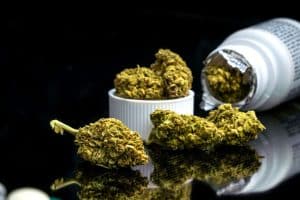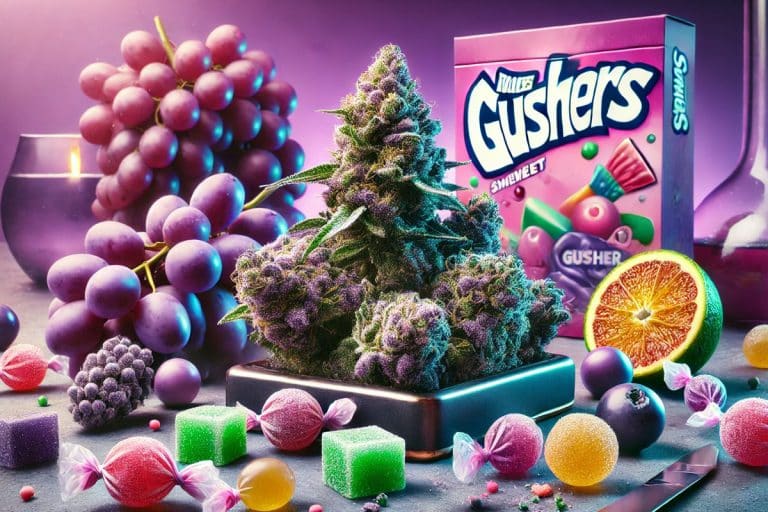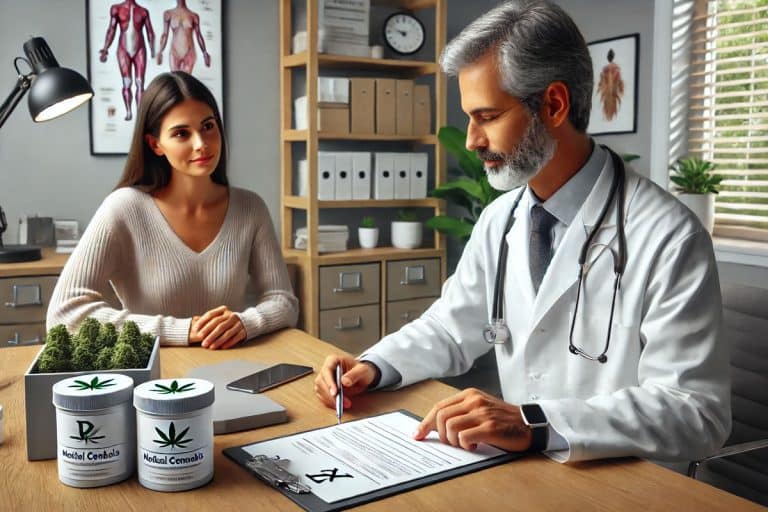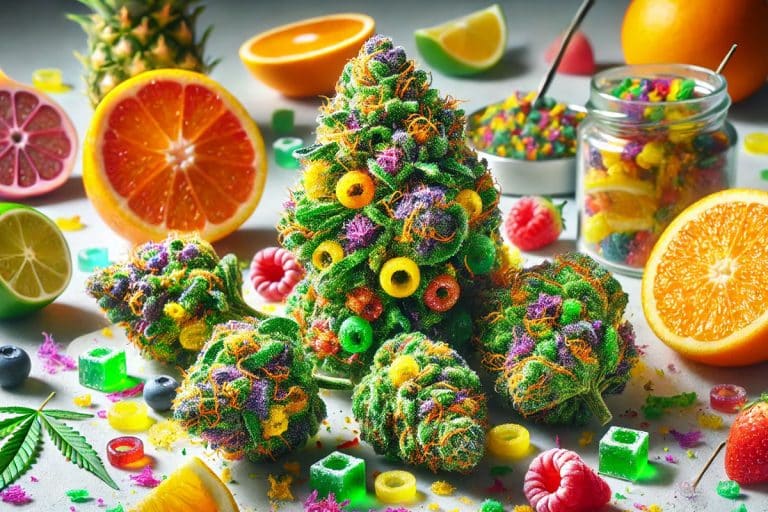Can You Overdose on Cannabis? Understanding the Facts and Risks
Cannabis is legal for recreational use in Canada, Uruguay, and 11 U.S. states, and approved for medical use in dozens of other countries and 33 U.S. states. With its increasing acceptance, it’s natural to wonder — is it possible to overdose on cannabis?
The short answer: No. But understanding why is important. Cannabis is one of the safest widely used substances. Unlike many pharmaceuticals or illicit drugs, it doesn’t carry the same overdose risks or harmful side effects when used in typical amounts, making it an attractive option for therapeutic use.
Has Anyone Ever Died from a Cannabis Overdose?
There is no scientific evidence that anyone has died solely from overdosing on cannabis. While media outlets sometimes report “suspected” THC overdoses, experts remain skeptical.
As Keith Humphreys, former senior policy adviser for the White House Office of National Drug Control Policy, explains:
“Americans use cannabis billions of times a year collectively. If the risk of death were one in a million, we’d see thousands of cannabis overdose deaths annually — but we don’t.”
Most cases where THC is linked to death involve other factors — such as respiratory failure from other substances or drug interactions.
Is There a Lethal Dose of Cannabis?
Some skeptics argue that a fatal dose must exist, but scientific evidence suggests otherwise. According to the National Cancer Institute, cannabinoid receptors — unlike opioid receptors — are not located in parts of the brain that control breathing. This means cannabis does not cause respiratory depression, a primary cause of death in opioid overdoses.
In fact, one U.S. judge noted that a person would need to consume nearly 1,500 pounds of cannabis within 15 minutes to risk death — equivalent to 20,000–40,000 times the average single-use amount. This is physically impossible.
That said, using too much can still cause uncomfortable side effects, a condition better described as cannabis toxicity rather than overdose.
Can You Overdose on CBD?
Even large amounts of CBD are non-lethal. High doses may cause fatigue, nausea, or stomach upset in some individuals, but there are no recorded fatalities from CBD use.
What Is Cannabis Toxicity?
Cannabis toxicity refers to using so much cannabis at once that negative effects occur. According to the CDC, symptoms mirror typical cannabis effects but are more intense, including:
- Severe anxiety or panic attacks
- Paranoia or confusion
- Hallucinations or delusions
- Rapid heart rate and increased blood pressure
- Nausea and vomiting
Cannabis toxicity also increases the risk of accidents, such as falls, poisoning, or motor vehicle crashes, due to impaired coordination and judgment.
Additional Risks: Contaminated Cannabis
The real danger comes when cannabis is cut with other substances. Street cannabis may be mixed with hallucinogens or dangerous drugs, increasing the risk of:
- Chest pain and heart rhythm issues
- Seizures, stroke, or heart attack
- Violent or erratic behavior
If you suspect contaminated cannabis, seek medical help immediately.
What to Do if You Experience Cannabis Toxicity
Most users know their limits, but accidental overconsumption can happen — especially with edibles or potent concentrates. If symptoms are severe, seek medical attention promptly.
Be honest with healthcare providers about how much you consumed and the product’s source. Bring a sample if possible — testing can detect adulteration.
Common Treatments for Cannabis Toxicity
Also known as a “green out,” cannabis toxicity may require supportive medical care, such as:
- Medications to reduce anxiety or nausea
- IV fluids for dehydration
- Oxygen therapy if breathing is affected
- Monitoring to prevent self-injury
- Diagnostic tests to rule out other issues
In most cases, patients recover quickly once symptoms subside, provided no other drugs are involved.
Tips for Responsible Cannabis Use
Responsible use ensures you can enjoy the benefits of cannabis without unnecessary risks.
1. Start Low – New users should begin with small doses and avoid matching the tolerance of experienced users.
2. Go Slow – Especially with edibles, wait at least 1–2 hours before taking more to avoid delayed overconsumption.
3. Know Your Source – Buy from reputable dispensaries to avoid contamination risks.
4. Avoid Mixing – Combining cannabis with alcohol, opioids, or other drugs can increase risks and reduce cannabis’ therapeutic effects.
The Bottom Line
Overdosing on cannabis in the fatal sense isn’t possible — but consuming too much can lead to uncomfortable or dangerous short-term effects. By understanding cannabis toxicity, avoiding contaminated products, and using responsibly, you can make cannabis a safe and enjoyable part of your wellness or recreational routine.








